Search
Search within Resources
1447 results found
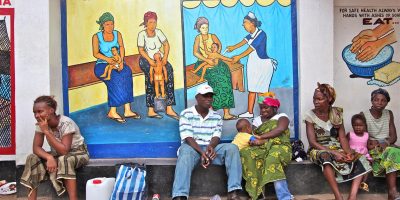
Briefing
Controversial Ebola Vaccine Trials in Ghana: A Thematic Analysis of Critiques and Rebuttals in Digital News
Communication is of paramount importance in responding to health crises. The authors studied the media messages put forth by different stakeholders in two Ebola vaccine trials that became controversial in Ghana. These interactions between health authorities, political actors, and public…
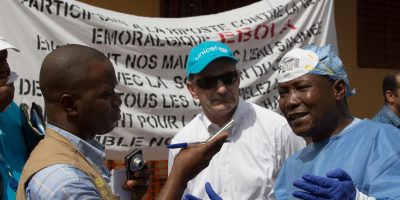
Background report
Comparison of Social Resistance to Ebola Response in Sierra Leone and Guinea Suggests Explanations Lie in Political Configurations not Culture
Instead of looking to 'culture' to explain patterns of social resistance (as was common in the media and in the discourse of responding public health authorities) a comparison between Sierra Leone and Guinea suggests that explanations lie in divergent political…
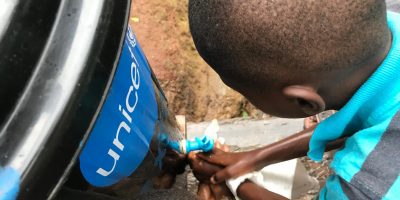
Background report
Comparing Sociocultural Features of Cholera in Three Endemic African Settings
Cholera mainly affects developing countries where safe water supply and sanitation infrastructure are often rudimentary. Sub-Saharan Africa is a Cholera hotspot. Effective Cholera control requires not only a professional assessment, but also consideration of community-based priorities. The present work compares…
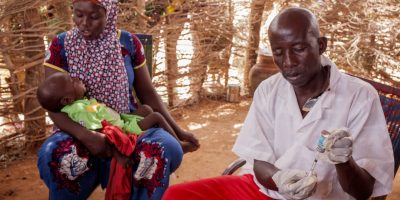
Background report
Community Perception and Beliefs About Blood Draw for Clinical Research in Ghana
Clinical research participants often express concerns about blood draw because of misconceptions about the uses to which the blood will be put. Their comments can generate rumours in their communities, thereby affecting rates of recruitment to research studies and increasing…
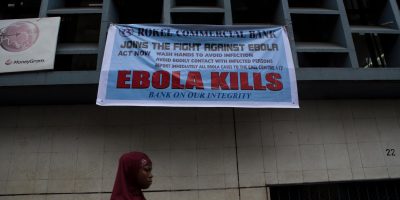
Briefing
Communicating Risk in Public Health Emergencies
During public health emergencies, people need to know what health risks they face, and what actions they can take to protect their health and lives. Accurate information provided early, often, and in languages and channels that people understand, trust and use,…

Background report
Cholera Outbreaks in Malawi in 1998-2012: Social and Cultural Challenges in Prevention and Control
Cholera still remains a significant cause of morbidity and mortality in developing countries, although comprehensive surveillance data to inform policy and strategies are scarce. A desk review of the national Cholera database and zonal and districts reports was conducted. Interviews…
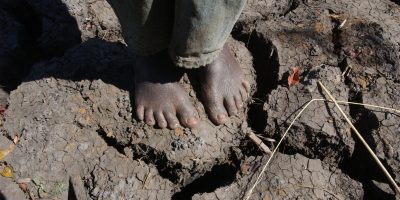
Background report
Changing Language, Remaining Pygmy
In this article the author illustrates the linguistic diversity of African Pygmy populations in order to better address their anthropological diversity and history. The author also introduces a new method, based on the analysis of specialised vocabulary, to reconstruct the…
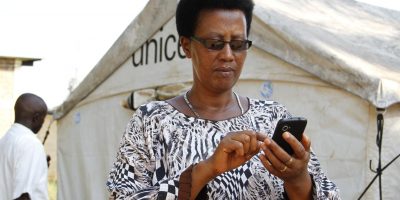
Evidence review
Cell Phones as an Anticipatory Technology: Behind the Hype of Big Data for Ebola Detection and Containment
This paper analyzes ethnographic and cartographic evidence from Sierra Leone that show the limitations of big data relative to the containment of Ebola. In this paper, big data is both a technology itself and also a foundation and catalyst for…
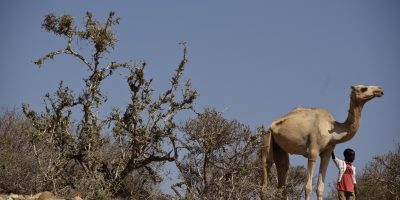
Evidence review
Camel Milk, Amoxicillin, and a Prayer: Medical Pluralism and Medical Humanitarian Aid in the Somali Region of Ethiopia
This paper details how exposure to new clinics, diagnostic technologies, and pharmaceuticals during humanitarian relief operations in the Somali Region of Ethiopia shaped local pluralistic health systems and altered the ways in which residents subsequently conceived of and treated illness…
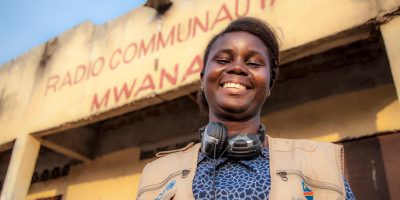
Beating the Odds: Successful Establishment of a Phase II/III Clinical Research Trial in Resource-Poor Liberia during the Largest-Ever Ebola Outbreak
It has been argued that a country such as Liberia, not fully recovered from the devastation of decades of civil unrest, lacked the appropriate ethical and regulatory framework, basic human and health care services, and infrastructure to carry out clinical…

Background report
Attitudes towards Zika Virus Infection among Medical Doctors in Acehprovince, Indonesia
Zika virus (ZIKV) infection, a public health emergency of international concern, has recently been confirmed in Indonesia. However, to date, there has been no study to assess how prepared healthcare workers in Indonesia are to confront this emerging infectious disease.…
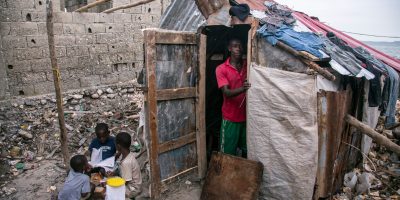
Evidence review
At Home with Mastomys and Rattus: Human-Rodent Interactions and Potential for Primary Transmission of Lassa Virus in Domestic Spaces
The multimammate mouse (Mastomys natalensis) is the reservoir for Lassa virus (LASV). Zoonotic transmission occurs when humans are directly or indirectly exposed to fluids of the multimammate mouse, such as urine, saliva, and blood. Housing characteristics and domestic organization affect…


